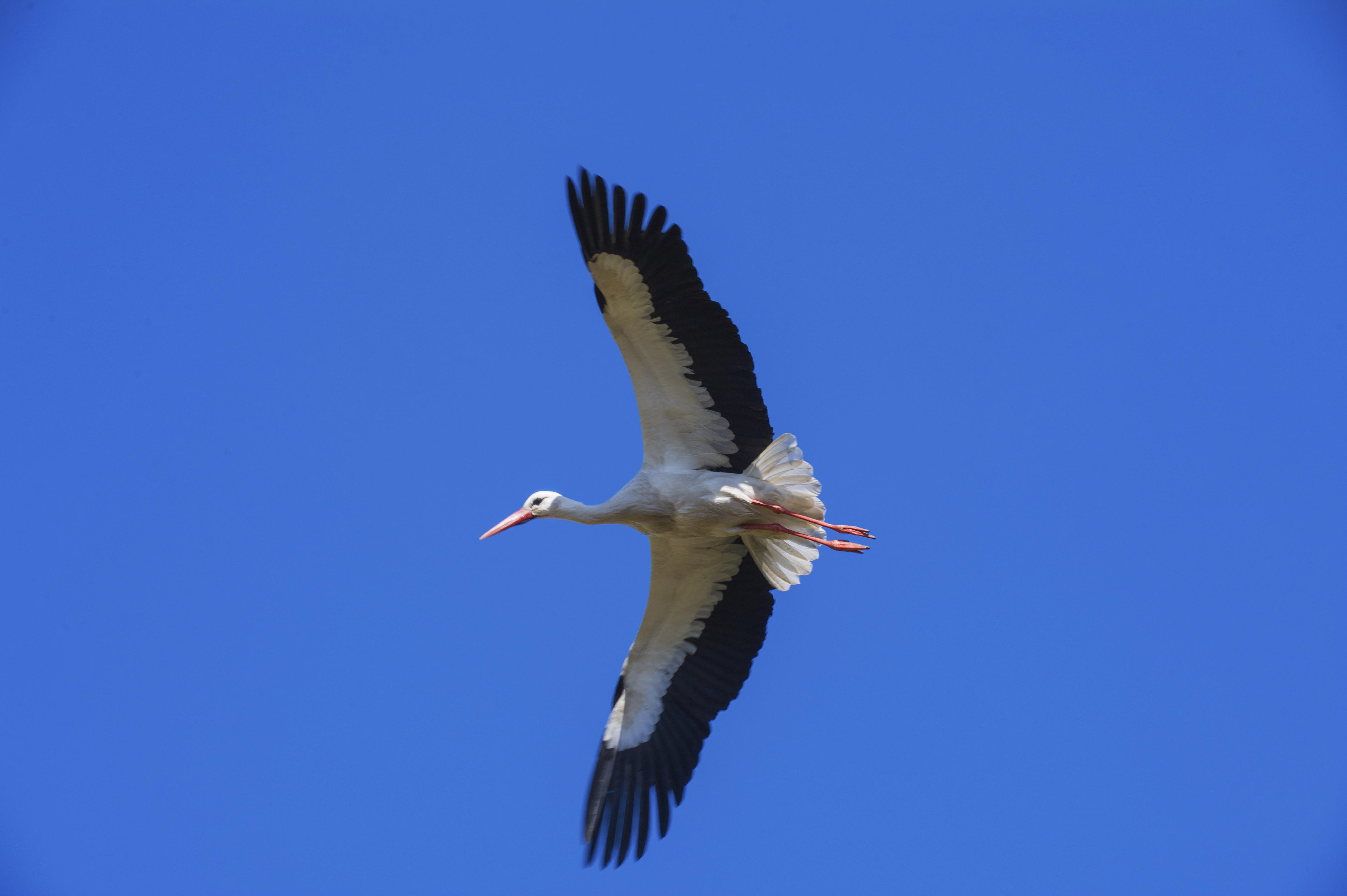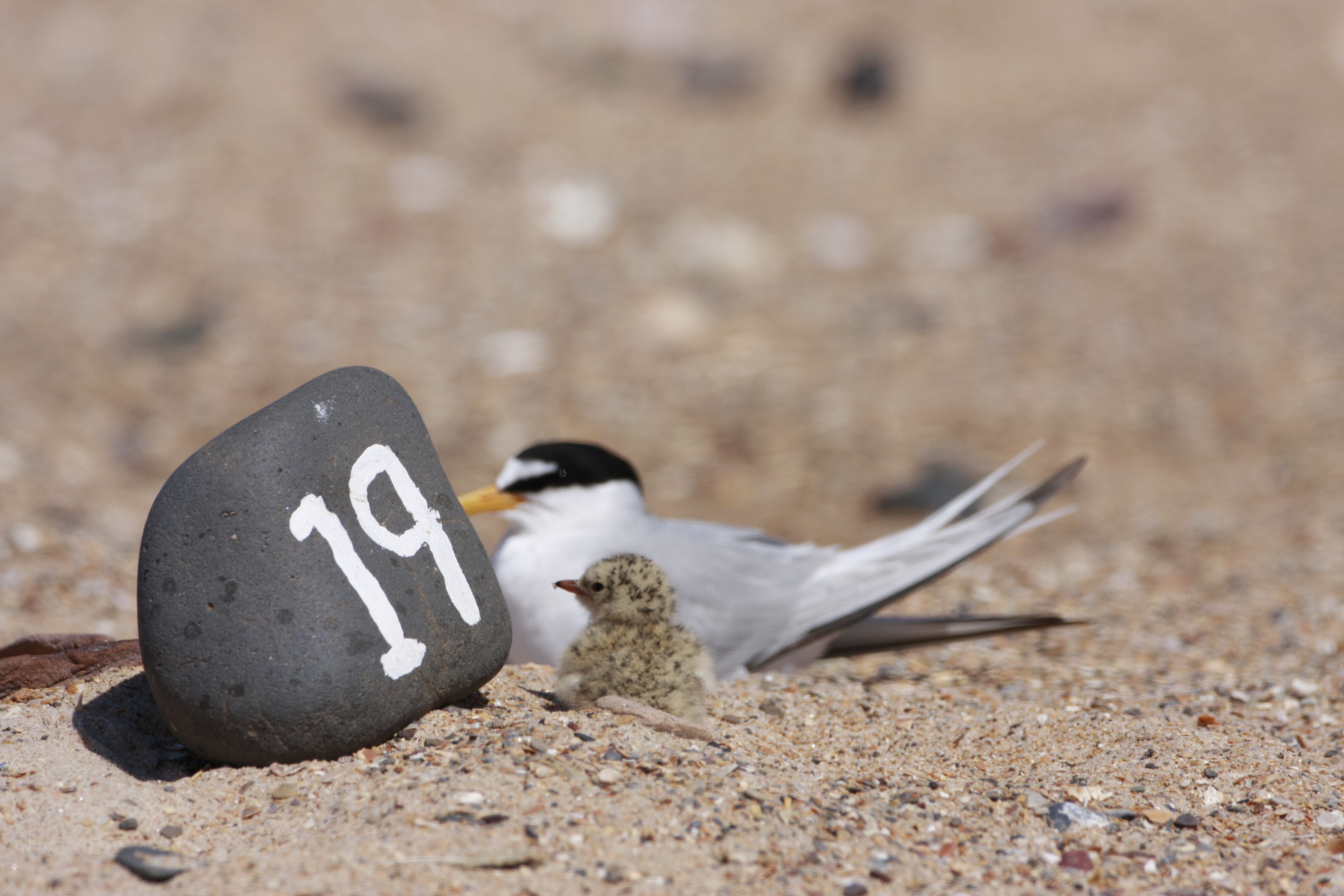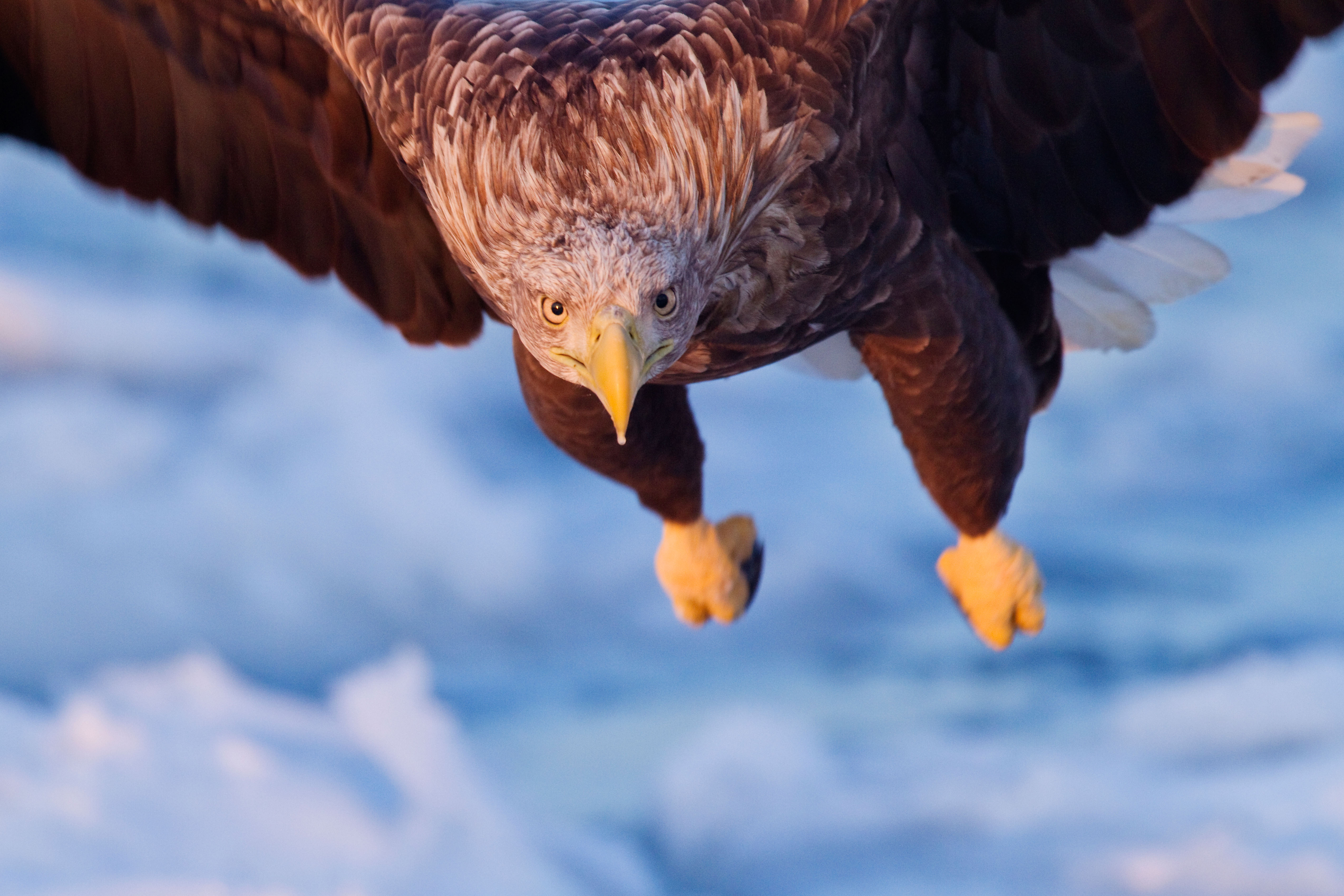Rewilding project aims to restore white stork species in Southern England
Private landowners and conservation charities are working to restore a population of at least 50 breeding pairs by 2030.

Exquisite houses, the beauty of Nature, and how to get the most from your life, straight to your inbox.
You are now subscribed
Your newsletter sign-up was successful
A group of 24 young white storks have been released at the Knepp Estate in West Sussex as part of a pioneering project to increase numbers of the species in Southern England.
The White Stork Project is a joint initiative between landowners and conservation charities to restore a population of at least 50 breeding pairs by 2030.
The birds were hatched at Cotswold Wildlife Park before recently being transported to Knepp. Initial releases of adult birds have already been undertaken at sites include Wadhurst Park in Sussex and Wintershall Estate in Surrey.
Durrell Wildlife Conservation Trust, a charity founded by naturalist Gerald Durrell that works to save species from extinction, is a key partner to the project.
‘Having looked after these birds since they arrived at Knepp, it was a joy to see them leaving the release pen and taking to the skies with our free-flying adults,’ said Lucy Groves, project officer for the trust.
All of the storks that are part of the project have coloured rings on their legs, and members of the public are urged to report sightings at www.whitestorkproject.org. This information will help scientists to understand the movements of the birds.
Eight members of the group also have GPS tags on them. These will transmit data so that conservationists can track their flight paths.
Exquisite houses, the beauty of Nature, and how to get the most from your life, straight to your inbox.
It is hoped that in the coming weeks the juveniles will attempt to migrate south for the winter. They are expected to cross over the English Channel and then join up with other migrating storks as they head south through France and Spain before crossing the Strait of Gibraltar, and then the Sahara, to West Africa.
‘I have been blown away by the response from our local community, many of whom have provided us with sighting reports which are crucial for helping us to understand the behaviour of these young storks,’ said Ms Groves. ‘It will be interesting to see whether they decide to stay with our resident adults at Knepp or if they spread their wings and decide to fly south. This is an exciting milestone for the project and I will be following their progress closely.’
Jamie Craig, curator of Cotswold Wildlife Park was delighted with the progress of the project.
‘It does not seem long ago that we witnessed the first of these birds hatching out at the park and after months of hard work it was a fantastic moment to watch these birds leave the confines of the netted release pen and take flight — seeing these birds riding the thermals over Knepp is a sight we will not forget and we eagerly await what the future may hold for them,’ he said.
Alongside the Knepp Estate, Durrell Wildlife Conservation Trust and Cotswold Wildlife Park, other key partners include the Roy Dennis Wildlife Foundation for their reintroduction expertise.

The little tern has just enjoyed its most successful season in almost 30 years
The little tern has been in serious decline, but 2019 has seen a welcome boost for the species.

Credit: Alamy Stock Photo
Country Life today: Eagles spell trouble, the cheapest Cotswolds cottage and an underground farm
In today’s round-up we bring you news of sea eagles arriving in England, a charming Cotswold cottage for £12,000 and